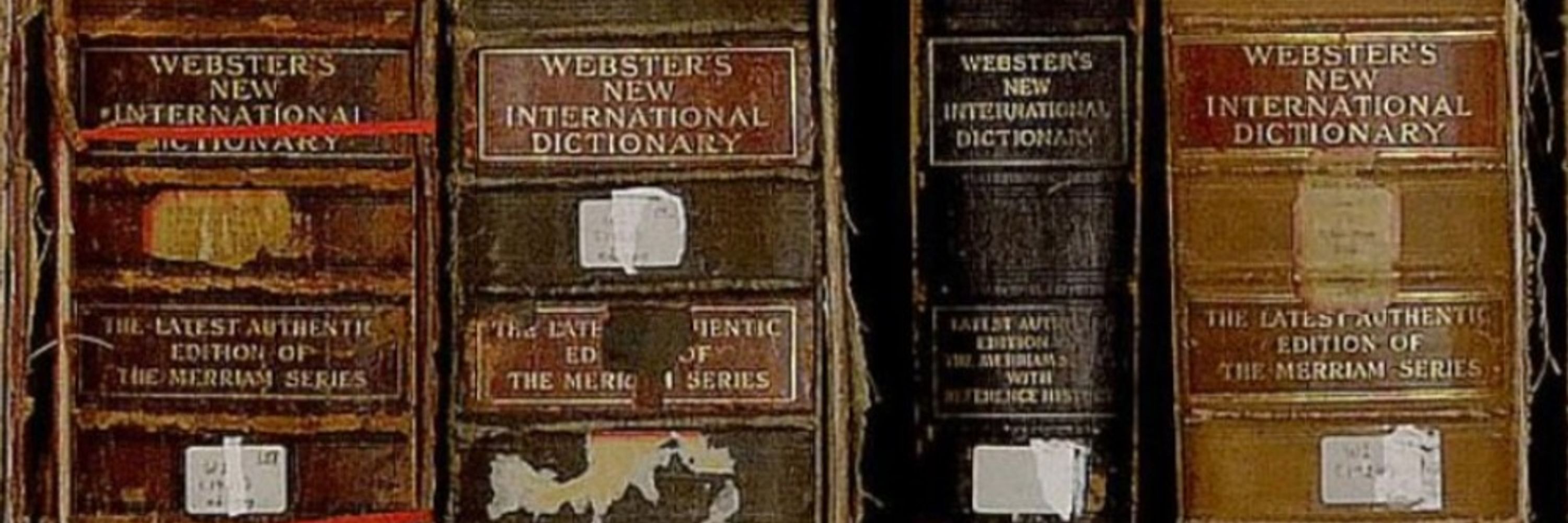
But we must remember that, everything Dryden had read in school as a model of literature was in Latin. So, at our distance today, we can see that he was making an aesthetic judgment and calling it a grammatical error. From his point of view, Latin grammar WAS Latin eloquence.
One of these people was the poet John Dryden, who, in the 1670s decided to point out that ending a sentence with a preposition was less elegant than not ending a sentence with a preposition. He singled out Shakespeare as an offender.
These constructions are as old as the English language. There is nothing wrong with them. There has never been anything wrong with them. They were, however, described by people who noticed that they broke the rules of Latin grammar.

English, though, permits the words that function as grammatical prepositions to float around a bit: *They got the money they asked for. *It’s the first musical I’d heard of. *She’s the friend I went to college with. *What is it made of? *Which room is this the key to?
We can see Latin prepositions at the beginning of English words that have come from Latin: ADminister DEcline INflammable INTERnational JUXTAposition OBstruct POSTmodern SUPERficial
You might have noticed that the term ‘preposition’ literally means “the place in front of,” so it’s not surprising that this point of grammar was on a collision course with English sentence structure.

There are inherent problems with describing one language in terms that were literally coined for a different language. Among other things, English doesn’t have declensions of nouns, and Latin doesn’t use the particle ‘to’ in order to indicate verbs.
And: SENTENCE, ADJECTIVE, TENSE, SUBJECT, PREDICATE, PARTICIPLE, PREPOSITION t.co/jZBsJguN4z

If someone has to grammar-splain to you, it may as well be your dictionary
Thus began the long tradition of trying to make the Germanic square peg of English fit into the round hole of Latin. This is why, by the way, all our grammar words are from Latin words: NOUN from Latin ‘nomen’ = “name” VERB from Latin ‘verbum’ = “word”
One tiny problem, though: anyone who was a “grammarian” in England in 1600 was a grammarian of Latin. Of course, this didn’t stop them: if English was to become “eloquent” like Latin, the solution was easy: make English conform to the rules of Latin grammar. Simple.
